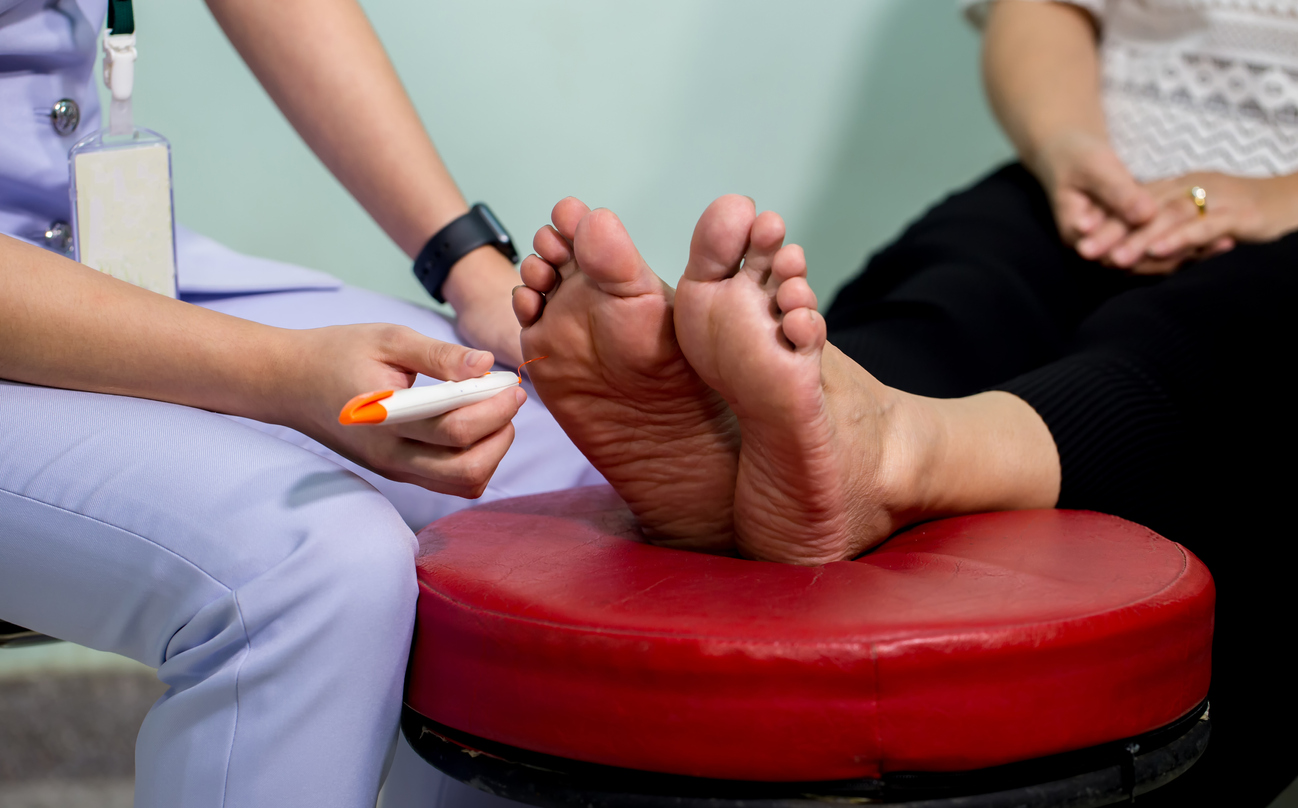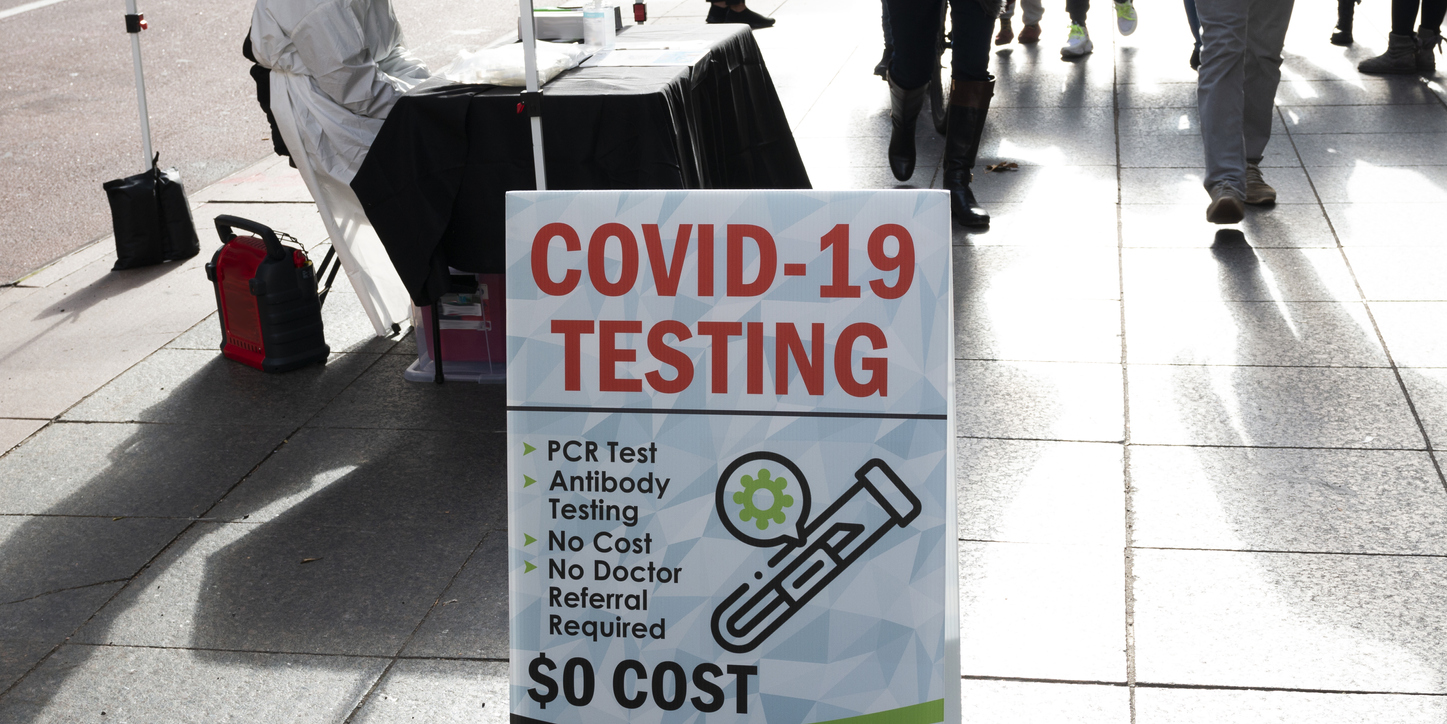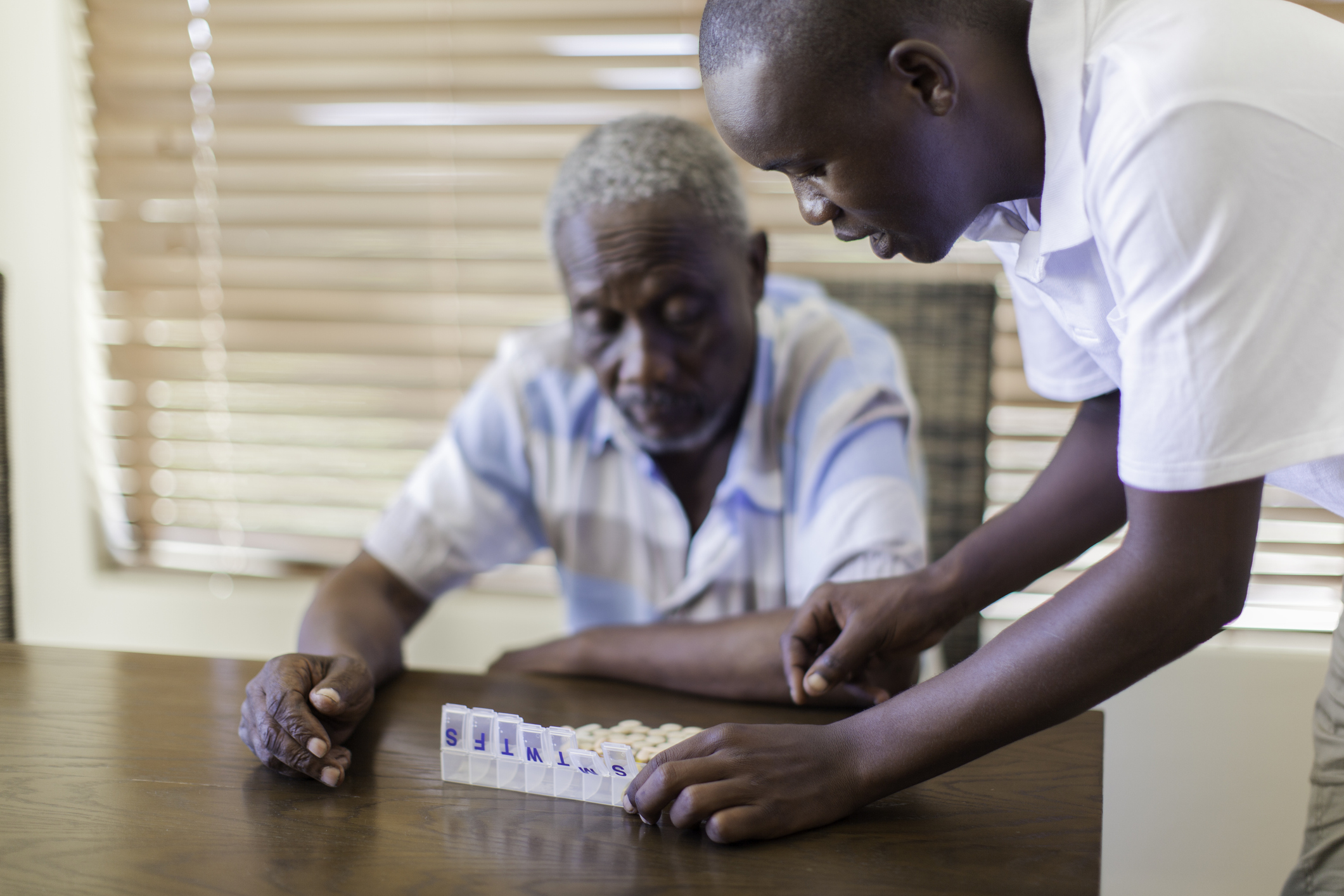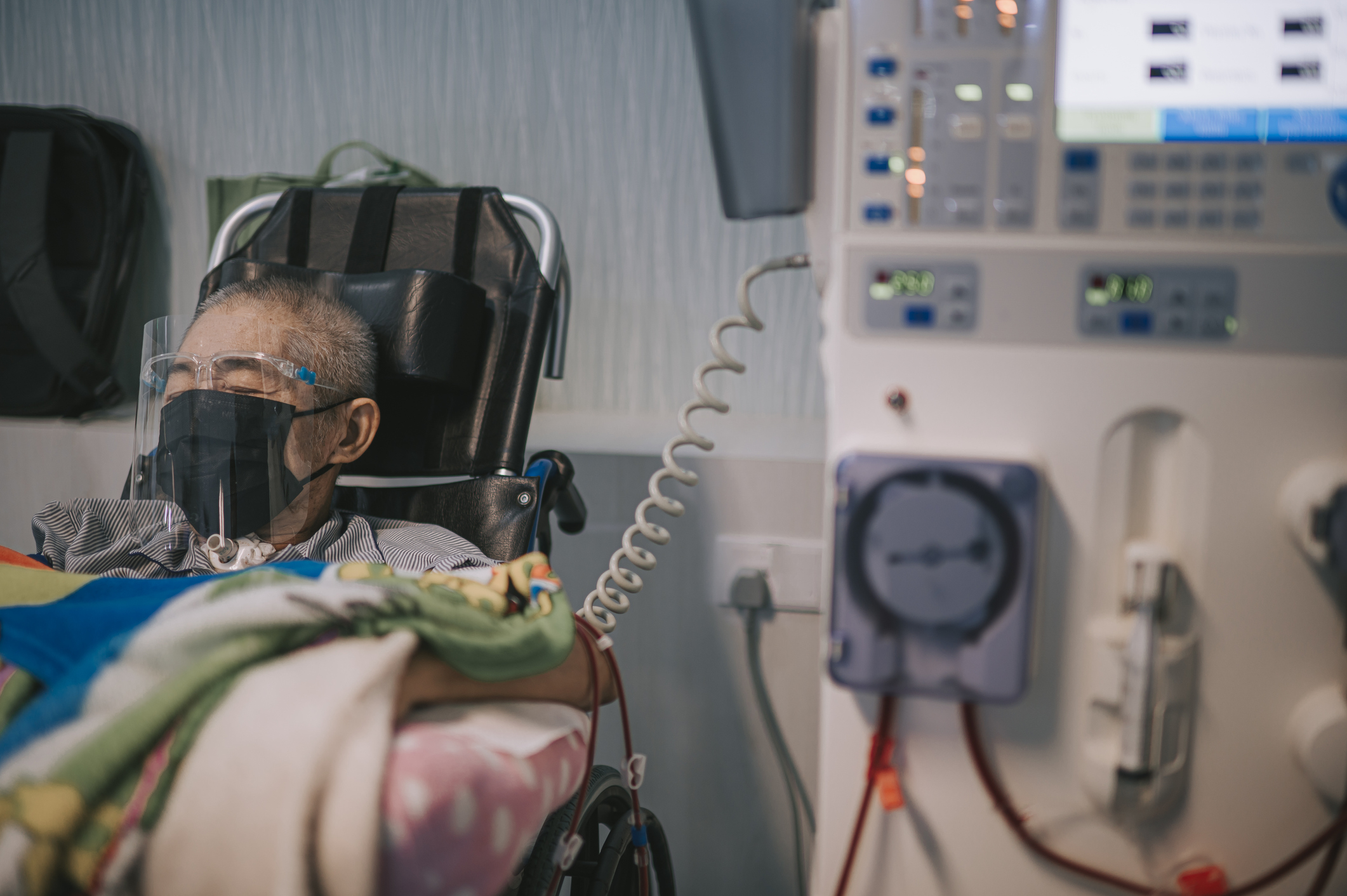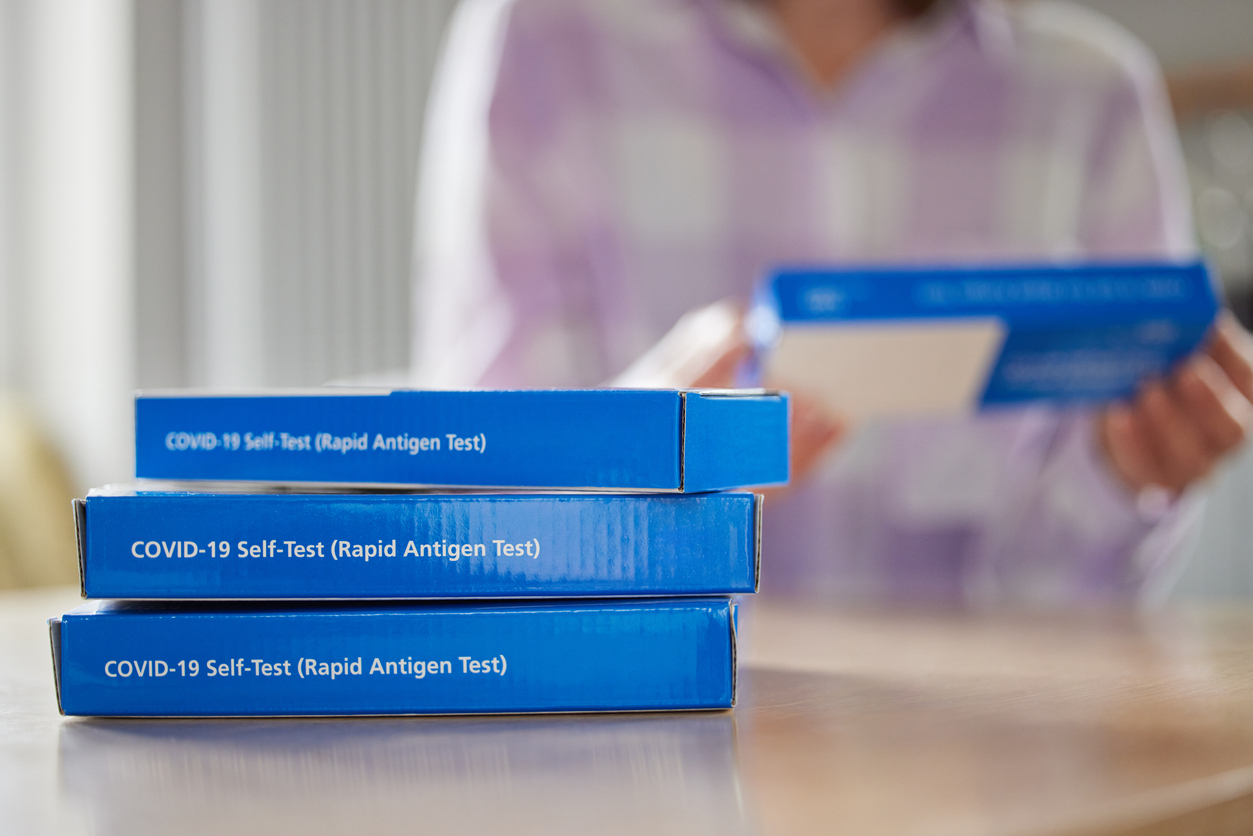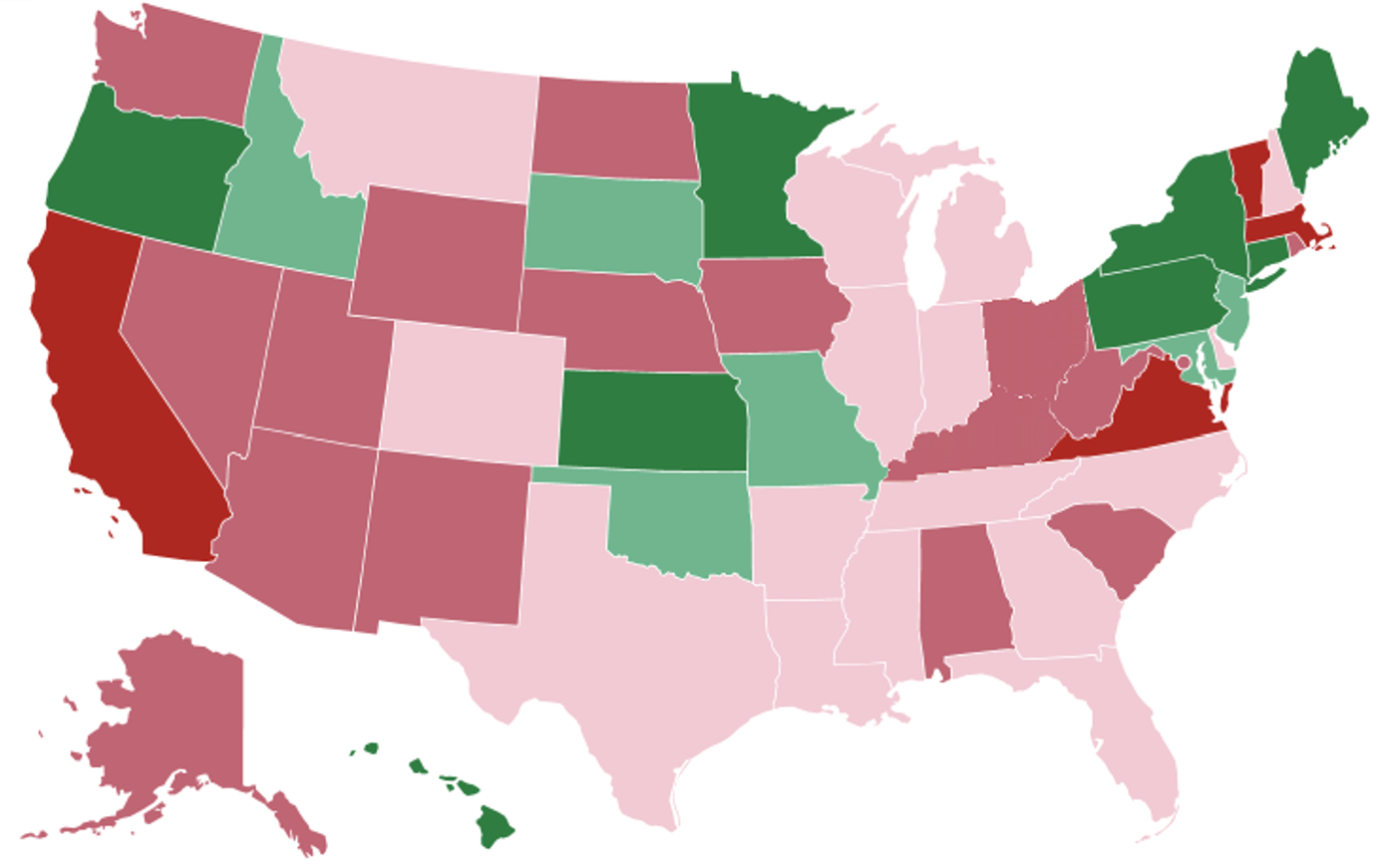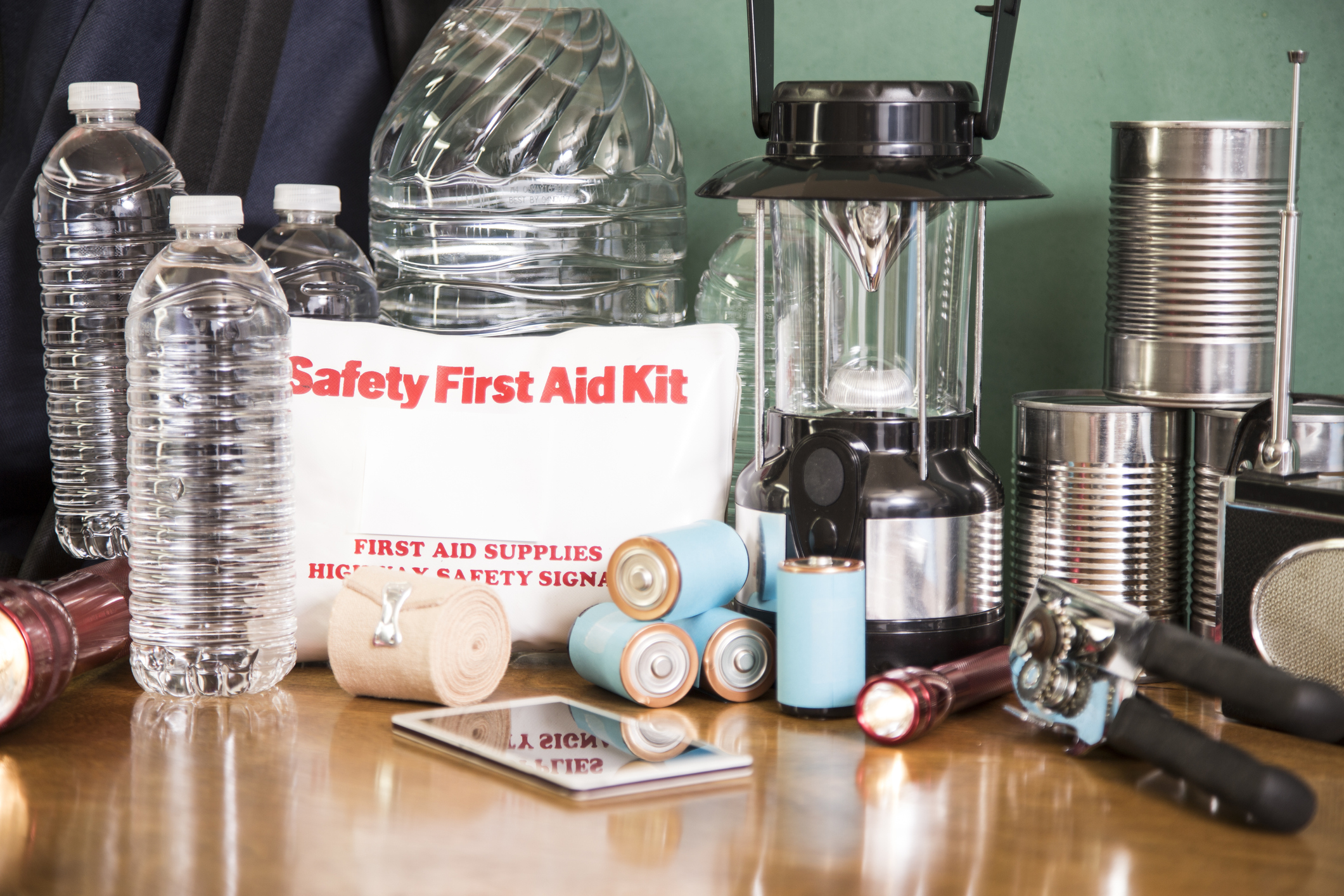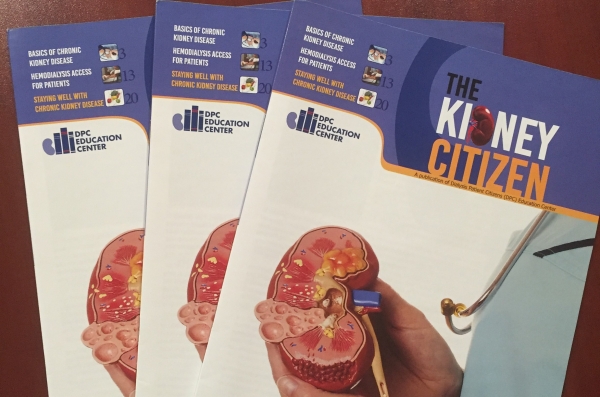News & Events
Discover new information and educational offerings that we provide. Explore our newsletters, blogs and upcoming webinars/conference calls.
Contents:
Living With Painful Diabetic Peripheral Neuropathy (PDPN)
Living with diabetes can be a challenge all on its own, in addition to the complications that can come with it. Painful diabetic peripheral neuropathy (PDPN) is a common type of diabetic neuropathy that occurs in one-fourth of those with Type II Diabetes and is characterized by feelings of pins and needles, prickling, tingling, numbness, or shooting pain, most commonly in the feet. The American Chronic Pain Association has many PDPN resources for both patients and caregivers. There is a PDPN Conversation Guide, which can help patients communicate with their healthcare provider about the location, specific feelings, and severity of their pain; a guide on PDPN Treatment Goals to help patients rate pain, activity level, [...]
COVID.gov Launched by the White House
On Wednesday, March 30th, the White House launched a new website, https://www.covid.gov/, that will be its one-stop shop for questions on masks, treatment, vaccines, testing, and where to find and order resources. Users can search by county to access the latest COVID-19 Community Level in their area, and can click on links that take them directly to the CDC’s site for guidance on staying up-to-date with vaccines, when to get tested, and additional precautions that can be taken for those at high risk for severe illness, such as those who are immunocompromised. The site is designed to be accessible to a large number of people, with the option to read it in English, Spanish, or [...]
It Was Already Hard to Find Evusheld, a Covid Prevention Therapy. Now It’s Even Harder
By Hannah Recht March 17, 2022 As immunocompromised people across the country work to get Evusheld, a potentially lifesaving covid therapy, several hundred providers of the injections were removed from a federal dataset on Wednesday night, making the therapy even harder to locate. White House officials had announced March 15 that a planned purchase of more doses would have to be scaled back without new federal funding. And federal and state health departments aren’t making it easy to find, leaving patients whose hospitals say they don’t have enough of the drug to write desperate tweets and Facebook posts seeking the shots while unused vials sit in the refrigerators of other providers. Few states list on [...]
How to Care for Yourself When You’re a Caregiver
Being a caregiver is a huge responsibility – whether you’re a parent, spouse, or sibling, being fully responsible for the well-being of someone else can be a full-time job. When you also need to juggle work or raising children as well, it is no wonder that the caregiver’s needs are often what gets neglected. Studies have shown that no matter the age, sex, race, or ethnicity of the caregiver, all are more likely to be sleep-deprived, unable to exercise regularly, and have poor eating habits. They are also less likely to keep up with doctor’s appointments for themselves or allow themselves to rest when they get sick. While it can seem overwhelming to try to [...]
Identifying Health Misinformation
Over the last two years, people have been exposed to a lot of information, from many different sources, regarding COVID-19. There are many reputable sources for health information, such as the Center for Disease Control (CDC) and World Health Organization (WHO). However, there has been a recent rise in health misinformation, which caused confusion about vaccination and other public health measures, such as masking and social distancing. Although health misinformation is not new, with more people having access to the internet and various social media platforms, it has spread in recent years at an unprecedented rate. In order to keep yourself, your loved ones, and your community safe and healthy, the US Surgeon General has [...]
COVID-19 and Patients with Kidney Disease on Dialysis
By Alan Kliger, MD Updated March 18, 2022 I am writing this mid-March 2022, as the last peak of COVID infection with the Omicron variant has rapidly fallen in every US state, but wastewater analysis has shown places in the US where virus infection in some communities is rising again. A new sub-variant, BA.2 is making up about 23% of cases. Abroad, the United Kingdom is seeing increasing hospitalizations with COVID infection, and many locations in the far east have raging infections. The effects of the surge in Omicron cases around the world this past winter have deeply affected patients on dialysis … effects likely to last well into the spring of 2022, [...]
Up-to-Date vs. Fully Vaccinated – What to Know About COVID-19 Vaccination
With Omicron continuing and the possibility of new variants in the future, it is important to not only be fully vaccinated against COVID-19, but also receive a booster dose, when eligible, so that you are up-to-date. Someone is considered fully vaccinated when they have received their primary series of COVID-19 vaccines. In order to be considered up-to-date, a person has to have received all recommended COVID-19 vaccines, including any booster(s) when eligible. The recommendations provided by the CDC will be different for everyone, depending on age, health status, and when you received your first vaccine. It is important to note that people who are immunocompromised may need an additional dose as part of their primary [...]
Over-the-Counter COVID-19 Tests to be Covered Through Medicare
Beginning in early spring, those with either Original Medicare or Medicare Advantage (MA) will be able to get over-the-counter COVID-19 tests for free. The tests will be available through eligible pharmacies and other participating entities, with Medicare beneficiaries being able to get up to eight FDA approved or authorized tests per month. This announcement is part of the Biden-Harris Administration’s ongoing efforts to expand access to free testing for Americans. Until this option is available, people with Medicare can access free tests through the following channels: Request four free at-home tests that will be delivered to your house through: https://www.covidtests.gov/ Find a community-based testing site close to you at: https://www.hhs.gov/coronavirus/community-based-testing-sites/index.html Receive a lab-based PCR or [...]
How to Have Difficult End-of-Life Conversations
Although death is an inevitable part of life, it can be a difficult subject to discuss with loved ones. We worry about upsetting our family or seeming too morbid, but having these conversations can actually be extremely helpful in minimizing the stress of loved ones once we’ve passed. Especially with the COVID-19 pandemic, people may not have as much time from receiving a diagnosis to when they die, and many families have found themselves in situations where they don’t know their family member’s last wishes. For these reasons, it has become even more important to discuss advance care planning with our loved one. Typically, this includes a living will, a health proxy, and what medical [...]
New “No Surprises Act” Aims to Eliminate Surprise Medical Bills
On January 1st, a new act known as the No Surprises Act, went into effect to protect people with group and individual health insurance from receiving unexpected out-of-network medical bills. This means that individuals with private health insurance are protected from receiving additional bills for emergency services, services from out-of-network providers at in-network facilities, and out-of-network air ambulance providers. Uninsured or self-pay individuals have new resolution opportunities if they receive a medical bill that is significantly higher than the good faith estimate they were provided, and there is also a new dispute resolution process for payment disputes between plans and providers. For more information on the No Surprises Act, read the factsheet from CMS: https://www.cms.gov/newsroom/fact-sheets/no-surprises-understand-your-rights-against-surprise-medical-bills, [...]
Depression and Dialysis – A Look at Two Potential Treatments
It is not uncommon for patients receiving dialysis treatment to have depression, though it can be hard to distinguish the symptoms of depression from those of kidney failure. Trouble sleeping, poor appetite, headaches, and fatigue are all symptoms of both conditions, leaving dialysis patients to wonder not only if they have depression, but if treatment would help to improve the symptoms they are feeling. Talking to your kidney care team is a great first step to figuring out who you should talk to about whether you have depression, along with figuring out potential treatment options. Though there are many ways to treat depression, a recent Patient-Centered Outcomes Research Institute (PCORI) study looked at two [...]
Research Report Finds Minimal costs to enacting Jack Reynolds Memorial Medigap Expansion Act
By Jackson Williams, DPC Vice President of Public Policy A research report commissioned by DPC has found that passage of the Jack Reynolds Memorial Medigap Expansion Act (H.R. 1676) would add only minimal costs to the federal treasury and to seniors’ Medigap premiums. H.R. 1676 would require insurers to make Medigap plans available to End-Stage Renal Disease (ESRD) patients under the age of 65. The report from Health Management Associates (HMA) calculated the costs associated with changing the law. Under current federal law, insurers are not required to offer Medicare Supplemental Insurance (also called Medigap) plans to patients under 65 years of age. While Medicare pays for roughly 80 percent of an individual's healthcare costs, patients are required to cover the remaining 20 [...]
DPC’s New Report Card on Medigap Coverage Helps ESRD Patients Understand their Medicare Supplemental Insurance Options
By Kelly Goss, J.D., LL.M., Western Region Advocacy Director If you’re a dialysis patient under age 65 looking to purchase a Medigap plan, DPC’s new interactive Medigap Report Card will help you understand the availability of Medigap coverage in your state. Medicare Supplemental Insurance, or Medigap, is provided by private insurance companies to help Medicare enrollees cover their out-of-pocket “gap” costs – such as copays, coinsurance, and deductibles – not covered by Original Medicare. Providing accessible and affordable Medigap coverage is critical to ensuring patients with End Stage Renal Disease (ESRD) can fully cover the cost of their care, since Medicare alone only pays for 80 percent of an individual’s health care costs. Medigap coverage [...]
Chronic Kidney Disease and Hyperkalemia: What You Need to Know About High Potassium!
By Sue Hellie The challenges faced this past year have redefined what it means to live with chronic kidney disease (CKD). People living with kidney disease and other severe chronic conditions are at higher risk for more severe illness, and they’ve had to take extra precautions to ensure their safety and wellbeing. However, this past year has presented many people with the opportunity to educate themselves about their health and potential associated conditions that come with living with CKD. One condition that is less understood by many living with CKD is hyperkalemia. What is hyperkalemia? Hyperkalemia is a condition some people with CKD face that is characterized by elevated potassium levels in the blood. In [...]
Be Ready for Weather-Related Emergencies!
By Mike Guffey, DPC Board Member It is critically important for dialysis patients to be prepared for weather emergencies, especially as we head into the hurricane and winter weather seasons. Patients should have an emergency checklist and a “go” kit with emergency supplies. www.ready.gov is a good go-to site with checklists and contact cards to help your family be prepared. You should gather the information well in advance of any incidents, but it is helpful to review them at the start of each severe weather season. Maintain the kit in a sturdy plastic container and rotate supplies on a regular basis. Do not wait until the emergency occurs as some items may not [...]
Greetings from San Antonio Texas
By Natalie Zuniga, DPC Board Member, pictured here with her husband, Eddie Zuniga My name is Natalie Zuniga and I survived the 2021 Texas ice storm with my spouse, Eddie Zuniga, who is also a dialysis patient! I have been a dialysis patient for over three years and my husband has been a dialysis patient for eight years. At first, we thought it was a death sentence and we were not going to live much longer, and we gave up. But then, by hard work and education through Dialysis Patient Citizens and our nutritionist, Mary, we are now striving and enjoying life as seniors. We also are looking forward to bettering our lives [...]
Better Late than Never: Genetic Diagnosis After Major Medical Events
By Dawn Laney, MS You have two doctors for your kidneys, one for your heart, one for your head, one for your eyes, and one for your overall health. You are tested, biopsied, and imaged from head to toe on a regular basis. So, when one of these doctors suggests a referral to genetics, you may wonder, “Another doctor? Is it still worth seeking a genetic diagnosis as an adult who has already had kidney failure?” The answer is a resounding “Yes!” One way to improve care in a medically complicated situation is by learning if an underlying genetic condition could be playing a role in major medical event like early kidney disease. A diagnosis [...]
Why DPC Fights To Maintain Private Insurance Coverage for Dialysis
By Jackson Williams, DPC Vice President of Public Policy In recent years, private insurance coverage for dialysis patients has come under attack. In 2016, the outgoing Obama Administration issued a regulation that would have prohibited charities like the American Kidney Fund (AKF) from assisting patients with premiums. Several insurers unilaterally refused to accept checks from AKF or eliminated dialysis providers from their networks. Some employers have tried to restrict coverage for dialysis by amending their health plan language. The SEIU labor union promoted legislation and ballot initiatives, most notably in California, to restrict or eliminate insurance coverage for dialysis. DPC has been in the forefront of fighting off these attacks—in the courts, through lawsuits; bringing [...]
Polycystic Kidney Disease (PKD)
By Mirjana Dimitrijevic, M.D. and Keith A. Bellovich, DO There are two major forms of PKD: autosomal recessive polycystic kidney disease (ARPKD) and autosomal dominant polycystic kidney disease (ADPKD). ARPKD is uncommon and is typically diagnosed in infancy or in utero. Autosomal recessive means that the mutated gene must be present in both parents (carriers) with a 1 in 4 chance that a child will inherit an abnormal gene from both parents and have the disease. In ADPKD each child of an affected parent has a 50% chance of inheriting the disease. ADPKD is the most common inherited kidney disease, characterized by the development of multiple kidney cysts and associated with other organs involved beside [...]
Travel Lovers, Don’t Let Dialysis Slow You Down
By Vanessa Evans, Sr. Manager, Patient Communities and Advocacy at Fresenius Medical Care North America and DPC Board Member Brenda and Bernie Alvey are the consummate camper travelers, crisscrossing the United States and taking in sights from the St. Louis Arch to the Grand Canyon. But their camper has a few unusual features, including two recliners, extra outlets, and a homemade stand to accommodate Brenda’s portable home hemodialysis equipment. The Alveys have always loved traveling, but they thought their trips had come to an end when Brenda was diagnosed with Membranoproliferative Glomerulonephritis (MPGN), an autoimmune disease that destroys kidney function. Upon starting dialysis treatments in 2015, Brenda opted for home hemodialysis with the [...]

